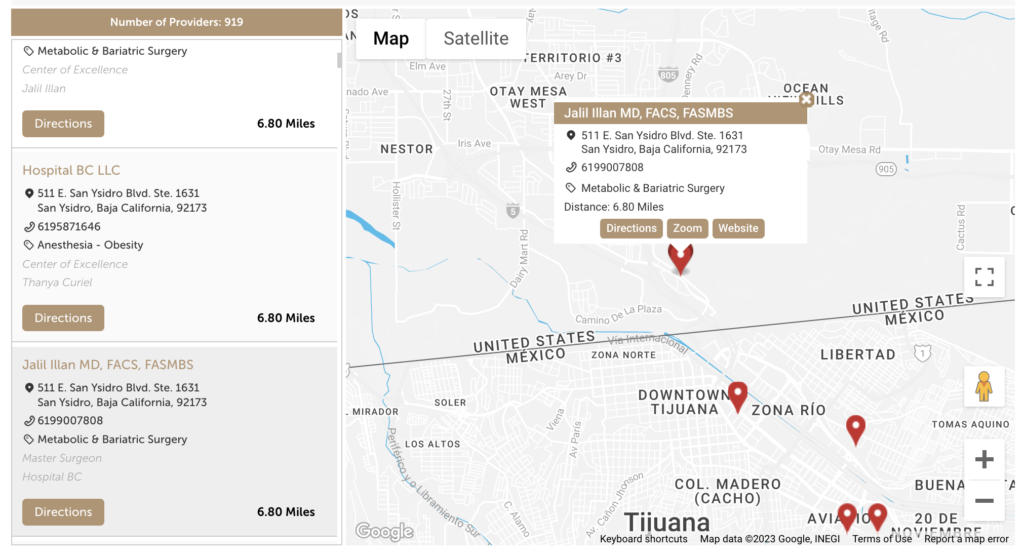The major factors attributing to the growth of the bariatric surgery market are an increase in obesity among people and a rising prevalence rate of Type 2 diabetes and heart diseases. Common bariatric surgeries include gastric bypass surgery, gastric banding, and sleeve gastrectomy.
Depression is a common complication that can occur after bariatric surgery. Physical and emotional changes after surgery often trigger it. In some cases, depression may be severe and require treatment. Including mental health professionals in bariatric teams would help monitor patients for adverse psychosocial outcomes and identify those vulnerable to depression, suicide, and other forms of deliberate self-harm following surgery.
Read on to know more about depression after bariatric surgery.
What Triggers Depression After Bariatric Surgery?
There are many potential triggers for depression after bariatric surgery. One of the most common is a change in hormone levels. Bariatric surgery can cause a sudden and significant drop in the levels of hormones that regulate mood, such as serotonin.
It will cause feelings of sadness, anxiety, and irritability.
Other potential triggers for depression after weight loss surgery include:
- Loss of employment or income
- Divorce or relationship difficulties
- A chronic medical condition
- Binge eating or other eating disorders
- Excessive alcohol consumption
It is crucial to control your cravings after gastric sleeve. If you find yourself snacking often than you’d like, try to keep healthy snacks on your hands, such as fruits and vegetables, nuts and seeds, or yogurt.
Read more: How to Manage Your Cravings After Weight Loss Surgery.
How Can You Treat Depression After Bariatric Surgery?
1. Therapy
A therapist can help you understand why you’re feeling down and give you the tools to deal with your emotions. Cognitive behavioral therapy (CBT) is an effective treatment for depression. CBT can help you change the negative thought patterns contributing to your depression.
2. Medication
Bariatric surgery can result in changes to a patient’s medication needs. For example, patients who have surgery to remove part of the stomach may need to take vitamin and mineral supplements to prevent deficiencies. Patients who have surgery that alters how the intestine absorbs food may need to take medications to control blood sugar levels.
3. Support Groups
Many support groups are available to help people suffering from depression. These groups provide a safe place to share your feelings and experiences with others who understand what you are going through. Support groups can be an excellent way to gain valuable information and insight from others who have been through similar experiences.
4. Lifestyle Changes
Some essential lifestyle changes to incorporate include:
- Eating a well-balanced diet with lean protein, vegetables, and fruit
- Exercising regularly
- Getting adequate sleep
- Managing stress
- Limiting alcohol intake
- Attending regular follow-up appointments with your bariatric surgeon and mental health professional.
Dr. Jalil Illan is well-known for bariatric surgery in Mexico. Our clinic has helped many patients improve their quality of life and health through successful weight loss surgery.







